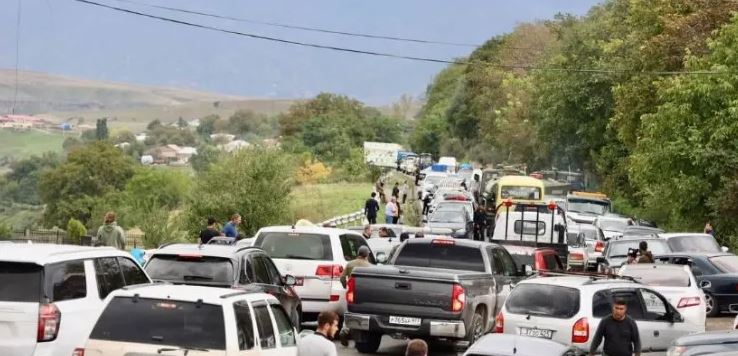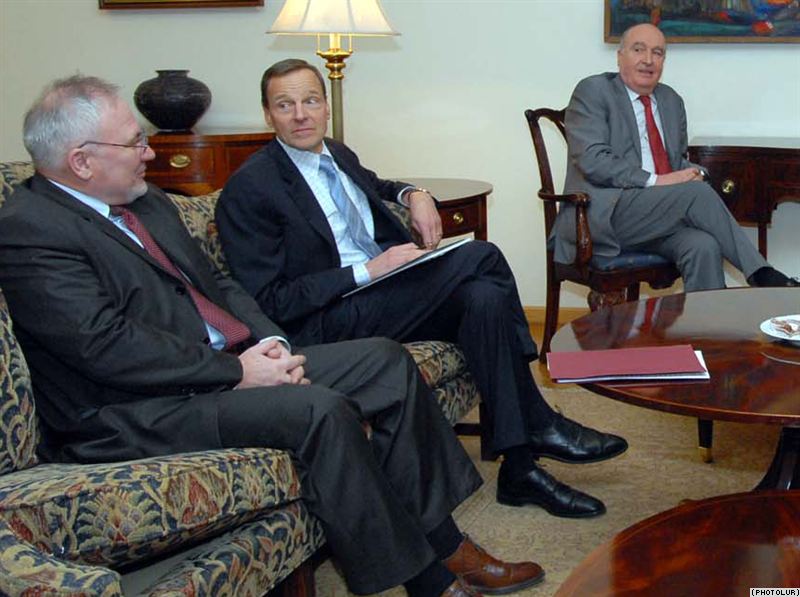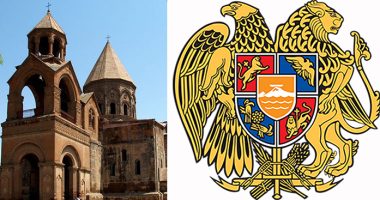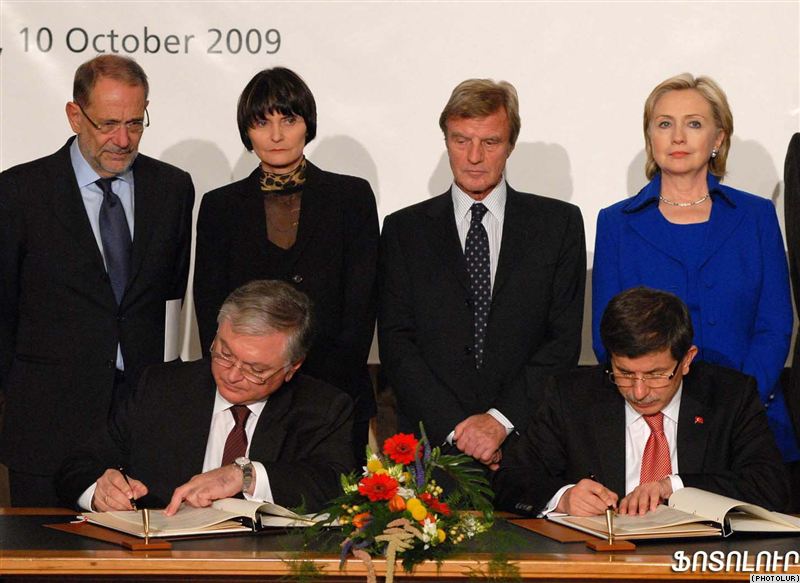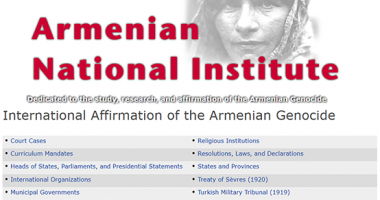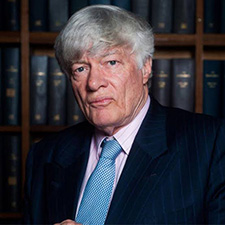

UN War Jundge and Author
It happened quickly, the final invasion, and with hundreds of Orthodox Christians killed by the aggressors. Armenia, led by a one-time human rights lawyer, had no alternative but to save thousands of its people from death by surrendering their enclave at Nagorno-Karabakh to the brutal forces of Ilham Aliyev, dictator of Azerbaijan.
It was Russia, once again, that was principally to blame: it was given by a foolish UN Security Council the duty to keep the peace, but when Armenia condemned the invasion of Ukraine, Putin in revenge withdrew all protection of Nagorno-Karabakh and let the Azerbaijan army off its leash.
120,000 citizens are now at its mercy, being forced either to abandon their ancestral homes or else live under a tyranny that has fomented hatred against them for many years.
Nagorno-Karabakh is a small, mountainous country in the clouds, settled by Armenians for many centuries. It was the first in 301 AD to adopt Christianity.
Hundreds of Orthodox churches, and their ancient mysterious tombstones (many now defaced or demolished by the aggressors), attract visitors from Yerevan, Armenia’s capital, who take the 6 hour road trek via Mount Ararat to Stepanakert, centre of the Karabakh’s democracy that was this week snuffed out. The trip is only 20 minutes by air from a modern airport. But planes have not flown for years because the Azeri government threatens to shoot them down. The country fell to Russia in the early nineteenth century, and the demographic evidence from the first census of that time proves that it was all-Armenian and the area should have been allocated to this state when Stalin divided the territory in 1920. Instead, he gave it to Azerbaijan, and the mistake was not rectified until a civil war after the collapse of the USSR. The Armenians of Nagorno-Karabakh – still the great majority of the population – voted first to join with Armenia (the wiser course) but then (courageously as they thought) opted for independence. The war had commenced with pogroms by Azeris in Sumgait and Baku. But in time a local Karabakh defence force took the upper hand. Fighting was brutal. With ethnic hate on both sides. The siege of Stepanakert during which Azeri forces killed several thousand in bombings of schools and hospitals, was Guernica writ small. The people only survived because of supplies brought on a narrow road – a humanitarian corridor – from Armenia, which Azerbaijan closed earlier this year.
Nagorno-Karabakh won the war by 1994 and declared, like Kosovo, its right to self-determination. For the next quarter-century it governed itself with help from Armenia. It did so, reasonably enough, with fair elections and democratic institutions like an independent judiciary – as I found when investigating the situation in the country for a court case in 2014. It was not, as many news reporters said last week, a country of “Armenian separatists” but of an Armenian people whose ancestors had lived in these highlands for centuries and who had fought for, and won, for a quarter of a century, the right to resist a brutal dictator. But there were many Azeri provocations at the border – the “line of control”.
The Security Council, quite absurdly, entrusted the enclave security to Russia which did not take its duties seriously and in 2020 the war broke out again. Armenia voted at the UN to condemn Russia for attacking Ukraine and in consequence Putin determined to end all support for it and to take revenge. The last straw came this month, when Armenia joined the International Criminal Court (ICC) which is prosecuting Putin for kidnapping Ukrainian children. Last week the Kremlin carpeted the Armenian ambassador and made what it described as a “harsh protest”: it threatened to withdraw its security mandated protection for Nagorno-Karabakh. When it did so, Azerbaijan invaded.
How should the UK react? Aliyev, like Putin, is guilty of the international crime of aggression, and this country should denounce this violation. Russia, too, should be condemned for betraying the duty imposed on it by the Security Council. We should certainly offer to take some of the many thousands of refugees: they are innocent victims of an international double-cross. They have every reason to fear persecution if they stay where they belong. Their political leaders are already being arrested.
As for the United Nations, Nagorno-Karabakh will be remembered as yet another reason why it is no longer fit for purpose. That purpose, its Charter reminds us, is to “save succeeding generations from the scourge of war,” yet it cannot expel Russia (even were Putin to use nuclear weapons) which would veto its own expulsion, and it cannot even expel Azerbaijan for aggression (because Russia would veto the necessary Security Council recommendation).
The only way forward is to replace the United Nations, because its Security Council is not fit for purpose. It is incapable of reform, because Russia and China will veto reform. ‘Security” will only come from an international representative body with the moral, military, economic power to deter authoritarian aggression.
Geoffrey Robertson AO KC is a former UN war crimes judge and author of An Inconvenient Genocide: Who Now Remembers the Armenians?
“The Telegraph”

